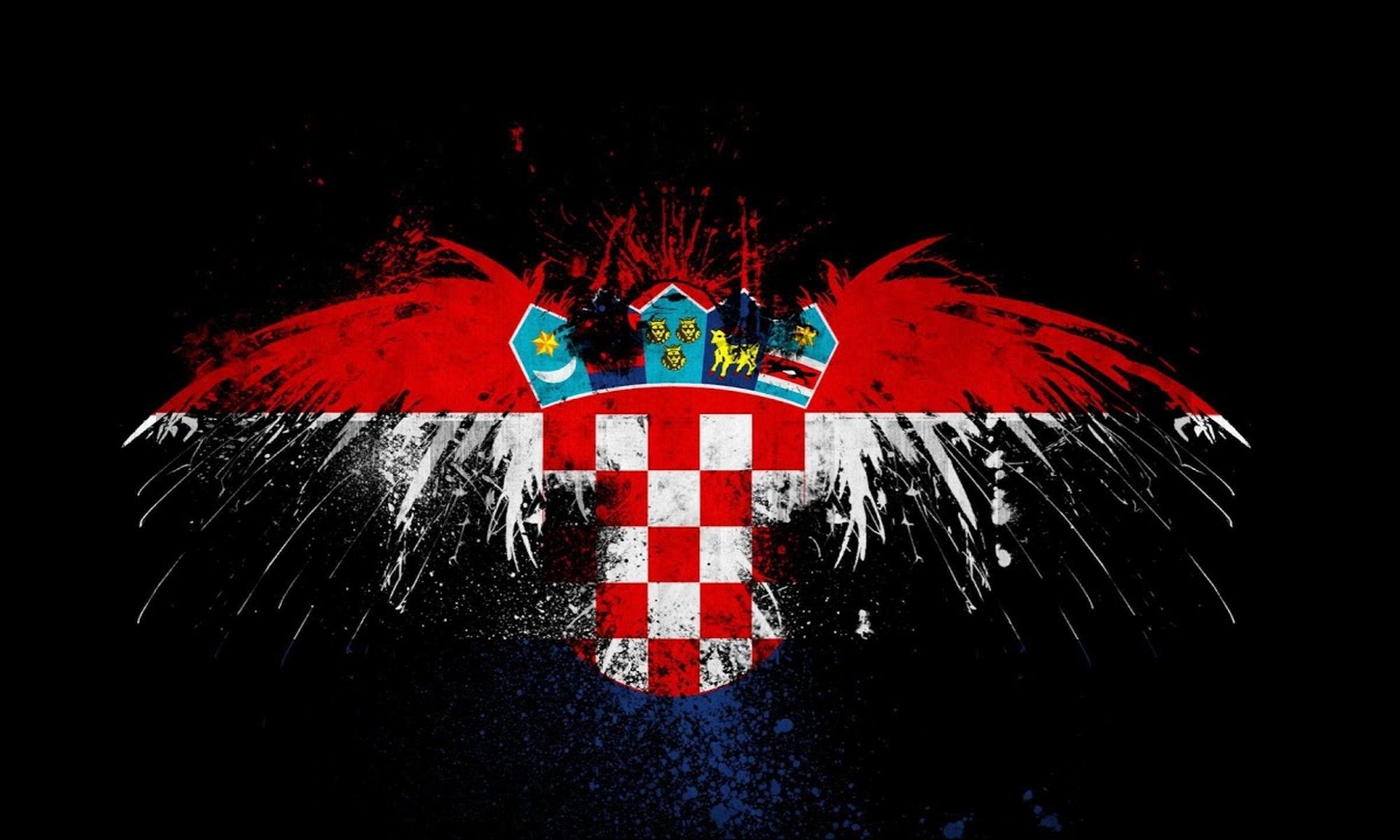A Tale of World War I
Genre: War / Mythic History / Tragedy
Tone: Operatic, fatalistic, poetic
Disclaimer: This is a work of fiction. Characters, motives, and symbolism are imagined for dramatic effect.
Starring
- Russell Crowe (de-aged via telomerase therapy) as Hermann Göring
- Joe Jukic as Manfred von Richthofen
ACT I – THE SKY BEFORE THE FALL

EXT. WESTERN FRONT – DAWN – 1916
A pale sun rises over a torn European sky. BIPLANES hum like insects above the mud.
NARRATOR (V.O.)
Before the world learned to fall from the sky, men still believed honor could survive machinery.
A crimson plane streaks across the clouds.
INT. GERMAN OFFICERS’ MESS – MORNING
MANFRED VON RICHTHOFEN (JOE JUKIC), calm, aristocratic, eyes sharp with intelligence, studies aerial maps.
Across from him sits HERMANN GÖRING (RUSSELL CROWE), charismatic, larger than life even in youth—laughing too loudly, drinking too early.
GÖRING
You fly like death itself, Manfred. The British whisper your name like a prayer.
RICHTHOFEN
Death should never whisper. It should announce itself.
Göring raises an eyebrow.
GÖRING
Is that why you’ve ordered the plane painted red?
Richthofen pauses.
FLASHBACK – FRANKFURT – YEARS EARLIER
A GRAND MANSION on the Main River. Red stone glowing at sunset.
Young Manfred stands with his FATHER.
FATHER
Red is the color of power, son. The color banks choose when they wish to be remembered.
YOUNG RICHTHOFEN
Or feared.
BACK TO MESS HALL
RICHTHOFEN
Red is not camouflage. It is a challenge.
GÖRING (grinning)
To whom?
RICHTHOFEN
To the world that believes wars are accidents instead of investments.
Göring laughs—but the laugh fades.
ACT II – BROTHERS IN THE AIR
EXT. SKY OVER FRANCE – DAY
Dogfight. Planes spiral. Smoke. Fire.
Richthofen downs an enemy aircraft with terrifying precision.
Göring watches from above—awed, jealous.
GÖRING (V.O.)
He flies like a nobleman in a banker’s war.
INT. FIELD TENT – NIGHT
Rain pounds canvas. Maps are soaked in blood and coffee.
Göring confronts Richthofen.
GÖRING
High command wants heroes. Symbols. You are becoming something bigger than a man.
RICHTHOFEN
No. I am becoming a warning.
GÖRING
You think painting your plane red frightens them?
RICHTHOFEN
It reminds them who owns the ground even when we fight in the air.
A long silence.
GÖRING
Careful, Manfred. Truth has a shorter lifespan than pilots.
MONTAGE
- Newspapers romanticize the Red Baron
- Industrialists toast champagne
- Factories churn weapons
- Young boys enlist, staring at red posters
ACT III – THE RED PLANE FALLS
EXT. SKY – APRIL 1918
The Red Baron flies low. Too low.
Ground fire erupts.
Göring watches helplessly as the red plane is HIT.
It spirals down—not in panic, but dignity.
EXT. FRENCH COUNTRYSIDE – CRASH SITE – SILENCE
Richthofen lies dying beside the wreckage. The red paint is scorched black.
Göring arrives late. He kneels.
GÖRING
They’ll make you a legend.
RICHTHOFEN (weak smile)
Legends are cheaper than peace.
Richthofen grips Göring’s arm.
RICHTHOFEN
Promise me something.
GÖRING
Anything.
RICHTHOFEN
Never believe the war ends when the guns stop.
Richthofen dies.
ACT IV – EPILOGUE: THE WORLD AFTER HONOR
INT. HALL OF MIRRORS – YEARS LATER
Göring, now older, heavier, decorated. Reflections multiply endlessly.
He stares at a PAINTING of the Red Baron’s plane.
GÖRING (V.O.)
He warned us. I did not listen.
The mirrors subtly morph into FACTORIES, BANKS, PARLIAMENTS.
FINAL IMAGE
The red plane rises again—not in the sky, but reflected in glass skyscrapers.
NARRATOR (V.O.)
The Red Baron did not paint his plane red to hide.
He painted it so history could never say it did not see him coming.
FADE OUT.
END TITLE CARD
“World War I ended in 1918.
The forces that profited from it did not.”





